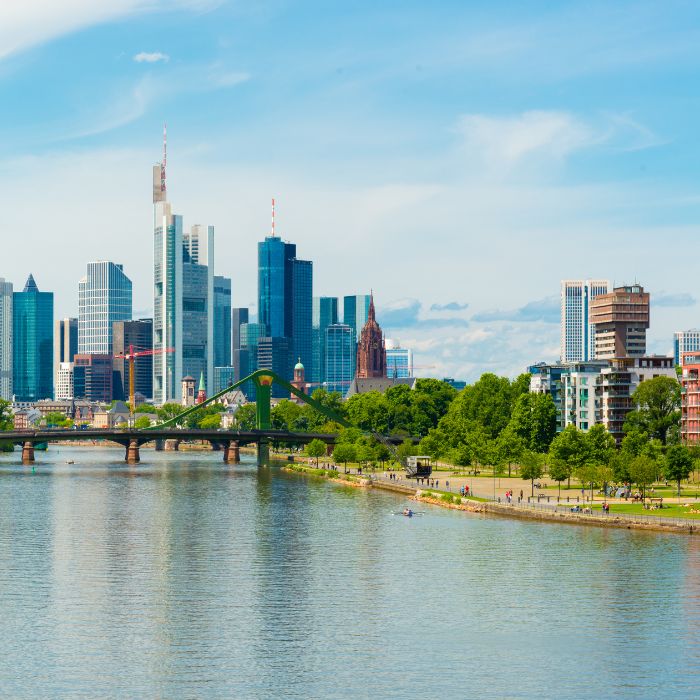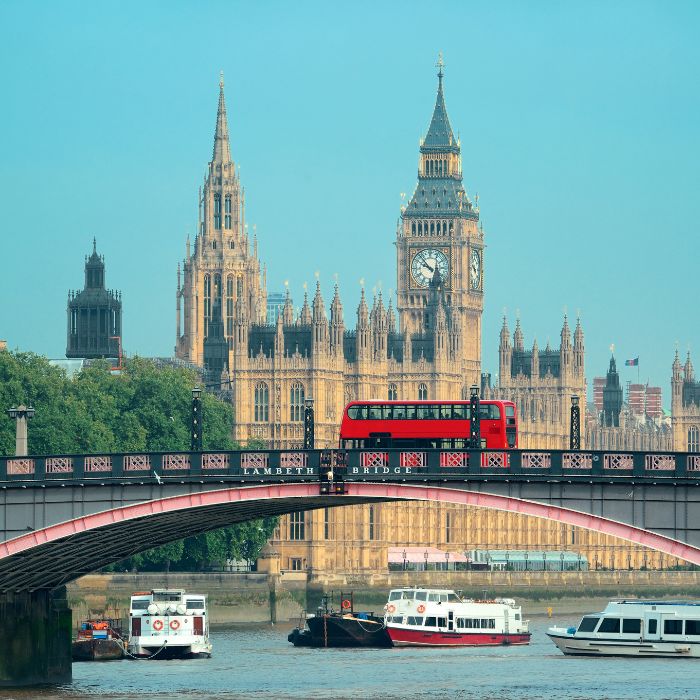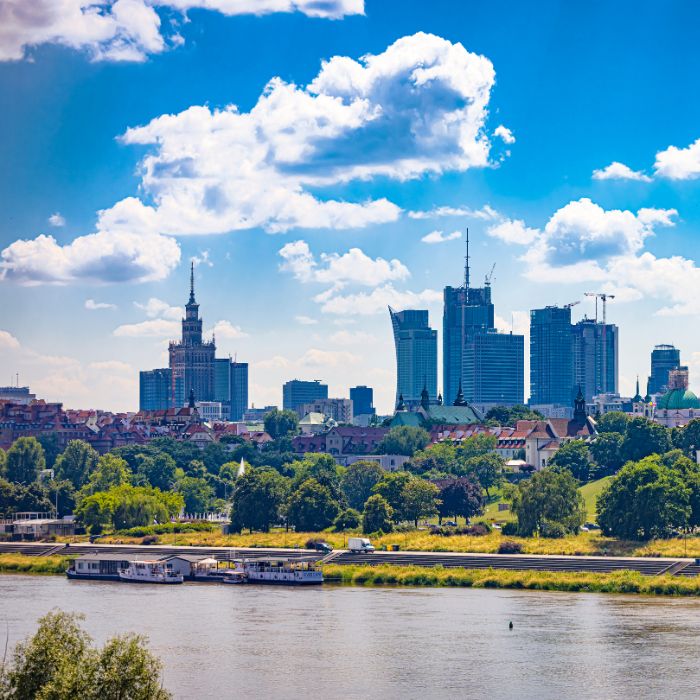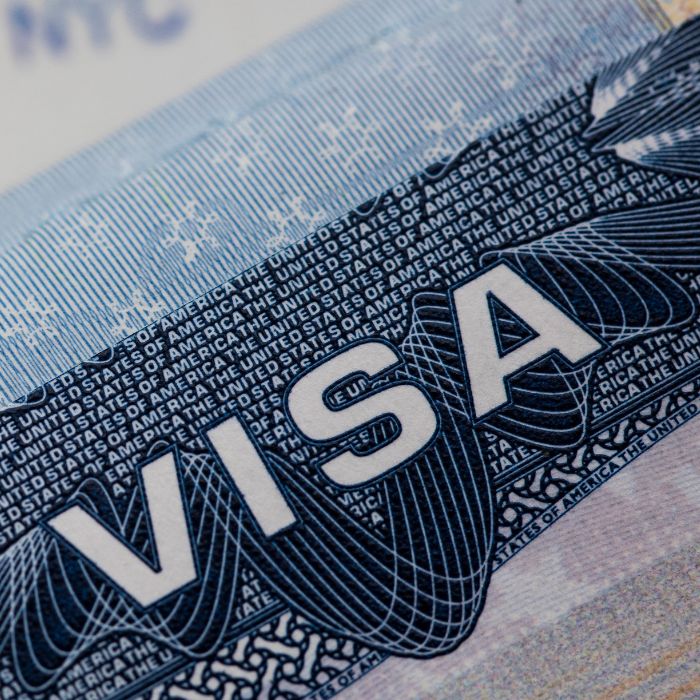COVID-19 Travel Restrictions Easing at EU Internal Borders
June 1, 2020
At a Glance
- EU countries are starting to relax internal border restrictions and are implementing more health and entry requirements to control the spread of COVID-19.
- Many countries are now working toward restoring free movement within the European Union, though some countries are limiting entry on their territory to essential workers and others are opening their doors to entry for non-essential workers under certain conditions (such as for those holding proof of employment, cross-border workers, etc.)
- Notably, France now allows all EU posted workers to enter, which is a significant step toward opening of French borders.
The situation
EU countries are starting to relax internal border restrictions, facilitating the remobilization of cross-European business. Nevertheless, there are still health and entry requirements to control the spread of COVID-19 that travelers must take into consideration.
A closer look
Some key examples of countries’ measures are described below:
| Topic | Countries | |
Entry is allowed for non-resident EU/European Economic Area (EEA) nationals |
Austria, Bulgaria, Czech Republic, Estonia, Finland, France, Germany, Greece, Iceland, Italy, Liechtenstein, Luxembourg, Netherlands, Norway, Poland, Portugal, Slovenia. |
|
Non-EU/EEA nationals can enter for non-essential work |
|
|
Entry restrictions are gradually being eased |
Austria, Croatia, Estonia, Finland, Hungary, Italy, Latvia, Lithuania, Norway, Switzerland |
|
Baltic travel bubble |
Estonia |
Latvian and Lithuanian nationals travelling from Latvia or Lithuania are not subject to quarantine as other travelers are |
Latvia |
Estonian and Lithuanian nationals who have not been outside Estonia/Lithuania 14 days prior to entry can enter |
|
Lithuania |
Estonian and Latvian nationals and residents travelling from Estonia or Latvia who have not left these countries in the 14 days before travel. |
|
|
*Those entering each country under the travel bubble are also exempt from quarantine, which applies to many other travelers. |
||
France |
EU national posted workers whose assignment cannot be postponed can now enter and work in France. They must submit a copy of their posted worker notification with a letter of support and assignment letter/contract evidencing why they need to enter France by email to the Ministry of the Interior prior to entry. |
Background
Although the European Commission proposed a coordinated approach for reopening of internal borders amid COVID-19-related travel restrictions, each EU country has implemented its own policy and there has not been a coordinated approach thus far.
Impact
Solutions and strategy suggestions for employers and travelers in the European Union include:
- Utilize employees already in the EU. Employers in the European Union should ensure they utilize workers already in the European Union to ensure efficiency and reduced costs.
- Contact Fragomen for remobilization planning. Affected employers and foreign nationals should contact their Fragomen professional for remobilization strategy assistance and to ensure compliance with constantly-changing entry regulations
Looking ahead
As mobility within the European Union improves and travel and entry restrictions are eased, more countries are implementing health and entry requirements (such as quarantine measures, COVID-19 testing, health certificate requirements and health screenings upon entry, to name a few) to control and track entrants.
Fragomen projects that such requirements will continue to become more complex worldwide. Travelers and their employers should be familiar with noncompliance penalties, as these can range from fines to deportation to barring future employment of foreign nationals.
For up-to-date information on COVID-19-related travel bans, restrictions and concessions, among other information, check Fragomen’s dedicated website.
This alert is for informational purposes only. If you have any questions, please contact the global immigration professional with whom you work at Fragomen or send an email to [email protected].














